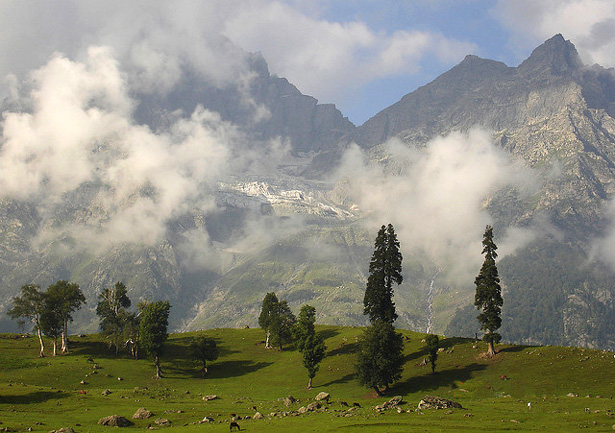-
Geoff Dabelko, Ensia
The Periphery Isn’t Peripheral: Barriers to Cross-Sectoral Collaboration in Development
February 14, 2014 By Wilson Center Staff
What do melting Himalayan glaciers have to do with food security in Cambodia? Not much, thought an aid practitioner trying to boost food security along the lower reaches of the Mekong River – until she heard a colleague working on the Tibetan Plateau describe the downstream implications of climate change in the Himalayas. Everything she was working on, she suddenly realized, could be literally washed away.
An unusual gathering of individuals across sectors allowed these two workers to share information on the periphery of their own work that turned out to be not at all peripheral to their goals. But if we want to make the progress in long-term development planning that we need to benefit people and the planet, we must make this kind of information-sharing the rule rather than the exception.
Four Tyrannies
Environmental and human security issues are fundamentally interconnected – consider, for example, climate change, food shortages, fresh water access, and global health threats. Recognizing their multiple interdependencies offers a number of benefits, including fully realizing the potential of long-term trend analysis, avoiding unintended consequences, saving money and time, and producing better results due to greater community buy-in. Unfortunately, efforts to address development and environmental issues as interconnected are too often crippled by four “tyrannies.”
Geoff Dabelko is a senior advisor to ECSP and director of environmental studies at Ohio University’s Voinovich School of Leadership and Public Affairs.
Photo Credit: Thajiwas Glacier, India, courtesy of flickr user Rajesh.
 A Publication of the Stimson Center.
A Publication of the Stimson Center.



